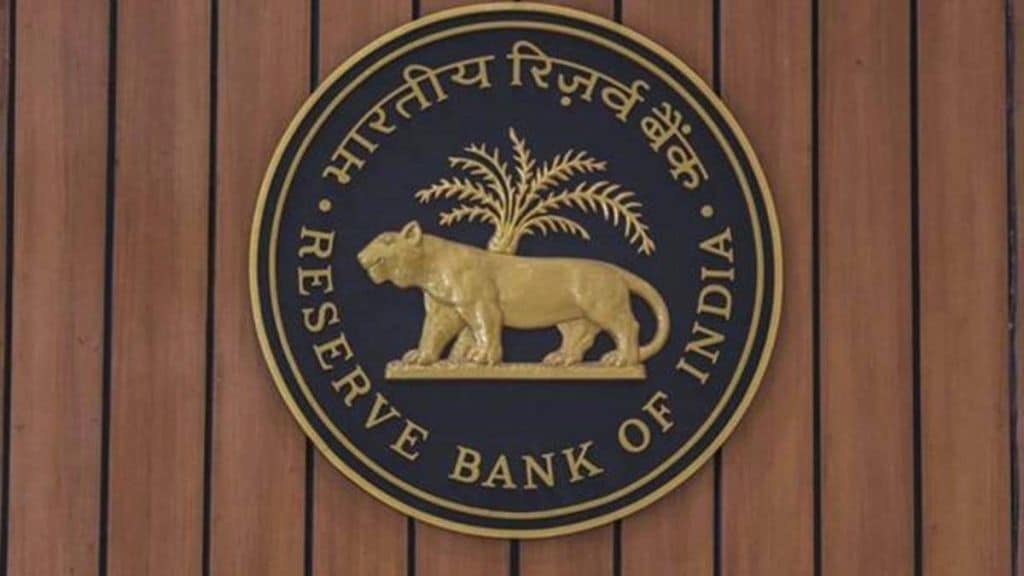The Reserve Bank of India (RBI) recently amended the credit and debit card guidelines. Sachin Kumar explains how the revised norms will benefit customers and their impact on banks, fintechs and co-branding partners
l Customers to choose card networks
Customers will now have the option to choose from multiple card networks such as American Express, MasterCard, Diners Club International and National Payments Corporation of India–Rupay when applying for a credit card. Existing cardholders will be able to exercise this right at the time of their card renewal. Earlier, the card issued to a customer was decided by the issuing bank and was linked to the arrangements that issuers have with networks. The requirement to offer customers a choice of card networks comes into effect from September 6, 2024.
The RBI also directed credit card issuers not to enter into any agreement with card networks that restrain customers from availing of services of other networks. However, the directions are not applicable to credit card issuers with 1 million or less active cards.
l RuPay stands to benefit the most
With the RBI’s directive opening the door to card portability, the biggest impact will be on card networks. Customers can now choose based on a card’s acceptance across countries or number of merchant locations on a card’s networks. The new rules will, especially, help boost the usage of RuPay cards as these are linked to the Unified Payments Interface (UPI). In June 2022, the RBI allowed the linking of RuPay credit cards with the UPI, making it the only UPI-linked network. The RuPay credit card can also be used for international transactions at any point of sale, ATM or
e-commerce platforms that are enabled on payments networks. Though most of the big banks have arrangements with multiple card networks, for newer banks it may require technical upgradation which will come at an additional cost.
l New rules for co-branded cards
The new rules have brought more clarity for co-branded card partnerships. Banks and NBFCs will not need the prior approval of the RBI to become co-branding partners. This will encourage banks and fintechs to forge new partnerships based on mutual benefits. It may also lead to more innovative products by banks and fintechs. The revised rules will also compel banks and fintechs to be more transparent to the customers. However, with the onus on card issuers to verify that all co-branding agreements adhere to the RBI directives, banks may prefer collaborating with larger fintech companies with a proven track record. Smaller fintechs may find it difficult to partner with banks for co-branded cards as they may lack the expertise and resources to fully understand and adhere to regulatory requirements.
l Protecting customers’ data
The revised directives stipulate that co-branding partners will not have access to customer data as it will be transmitted in encrypted form and can be seen only by users. Earlier, there were no clear restrictions for co-branded partners regarding storage of customer data. While the 2018 data localisation rule required companies to store data locally, there were concerns that some co-branding partners might be sharing data with their parent companies headquartered abroad. To address this loophole, the RBI issued new rules last year, making it mandatory for co-branding partners to store data locally.
l End-use of business cards
Banks will now have to monitor the end-use of business cards. With growing usage, business cards were being used for payment to vendors and merchants. Now the RBI has made it clear that issuers will be held accountable to ensure that the money is being used for the purpose the card have been issued for. This is being done to prevent money laundering. Last month, the RBI had ordered Visa to stop using an unauthorised route to make business-to-business card payments.
l Unsolicited cards and billing cycles
Card issuers cannot issue unsolicited credit cards and must obtain prior explicit consent from the customer. If a customer does not provide consent for activating such a card, the bank has to close the credit card account within seven working days.
Credit card users can now change the billing cycle more than once. The billing cycle is the monthly period when the credit card bill is generated. Banks can provide the option to modify the billing cycle through multiple channels such as helpline, dedicated email-id, interactive voice response (IVR), internet banking and mobile application.


